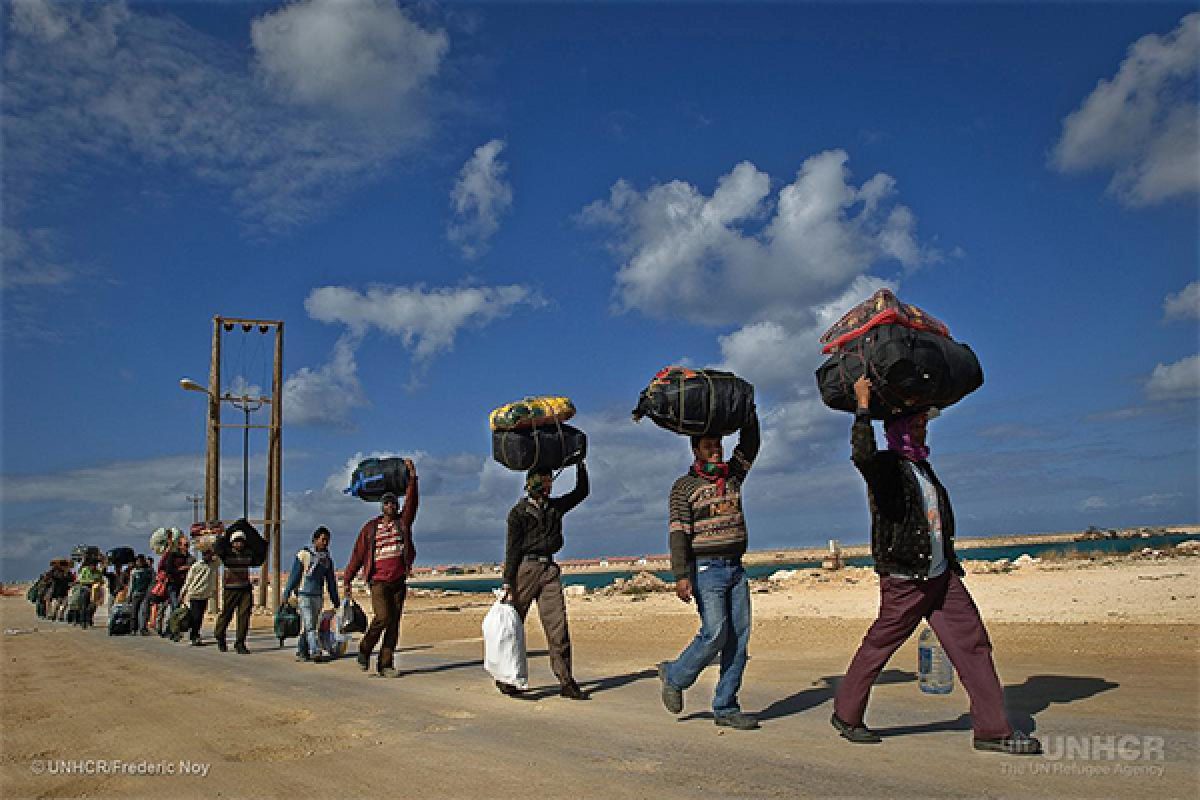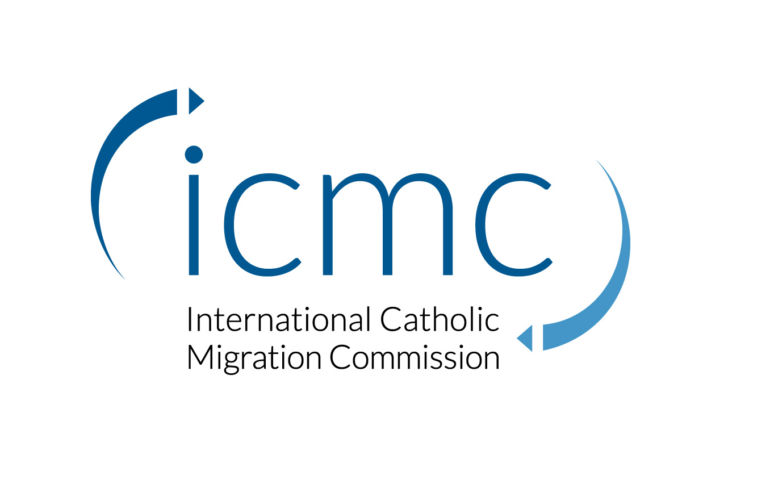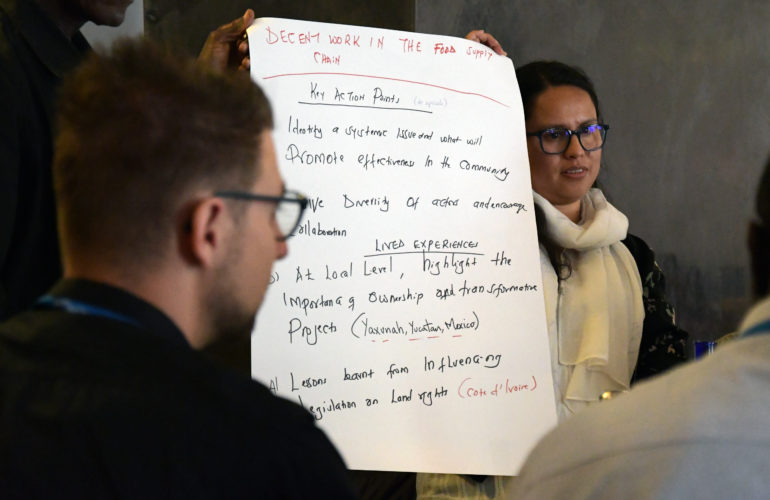International Migrants Day 2015: Effective Legal Protection Needed for Migrants

On International Migrants Day 2015, the International Catholic Migration Commission (ICMC) reiterates the importance of establishing effective legal pathways and ensuring the respect of the human rights of migrants, including those who are undocumented or in an irregular situation.
This year, countless refugees and migrants have crossed the Mediterranean in an attempt to seek refuge and a better life in Europe. 2015 witnessed a tremendous increase in the number of fatalities at sea. According to IOM estimates, more than 3,600 migrants, asylum seekers and refugees died while trying to reach Europe, thus marking the highest figure recorded worldwide.
Throughout the year, ICMC continued to call for the creation of a comprehensive plan of action ensuring protection and a safe passage for all migrants, as well as an increased number of resettlement and other admission opportunities for refugees. On different occasions, ICMC underlined the need to change the narrative of migration towards a positive recognition of the many ways migrants contribute to host societies.
Today, the international community commemorates the 25th anniversary of the adoption of the International Convention on the Protection of the Rights of All Migrant Workers and Members of Their Families. This legal tool, one of the ten core international human rights treaties, underscores the fact that all migrants are human beings and therefore entitled to human rights, even when undocumented or in an irregular situation.
Unanimously adopted by UN Member States at the UN General Assembly on 18 December 1990, the Migrant Workers Convention has become increasingly recognized as a formula for social cohesion and decent human and economic development. In September of this year, all 193 Member States of the UN pointed precisely in this direction by unanimously adopting the new 2030 Agenda for Sustainable Development, calling for the protection of the rights of migrant workers as essential to decent work and development.
In order to ensure that the Convention can fully realize its potential as a powerful protection tool for migrant workers, important actions need to be taken.
The Convention and its formula of rights need to be recognized, ratified, and – most importantly – implemented.
Entered into force in 2003, the Convention can count today on only 48 ratifications – one of the lowest numbers for any international rights treaty in history. Another 38 States have signed the Convention, but not yet ratified it.
Two myths need to be busted as to the Convention’s ratification.
Firstly, it is often said that only migrant countries of origin have ratified the Convention. This is not correct. Important countries of destination, including Argentina, Chile, Egypt, Mexico, Morocco, Senegal and Turkey, are currently part to the instrument. However, none of the rich countries and only few developed ones have ratified it.
Secondly, these rich and developed countries often justify their refusal to ratify the Convention by arguing that the treaty gives all migrants a right to family reunification and social security to migrants who are undocumented or in an irregular situation. This is not correct either.
More efforts are needed to help raise awareness of the value of the Convention and increase its ratification rates.
Several campaigns are currently underway which carry this precise goal. Two easy-to-use tools for both States and advocates are also available: a Guide on Ratification, published by migrants rights and faith-based NGOs working with the Office of the High Commissioner for Human Rights (UNHCHR) and IOM, and the booklet “Illustrate Our Rights”, which will be launched today by the Belgium-based citizens group Migrants Matter.
In order to ensure that appropriate protection is given to migrants and that their human rights are respected, a wider commitment is needed. In the words of Ignacio Packer, 2015 Civil society Chair of the Global Forum on Migration and Development, in his Report of Civil Society to governments in the Opening of their GFMD program this year: “It’s high time for Europe to sign [the Convention], together with other main countries of destination”.

